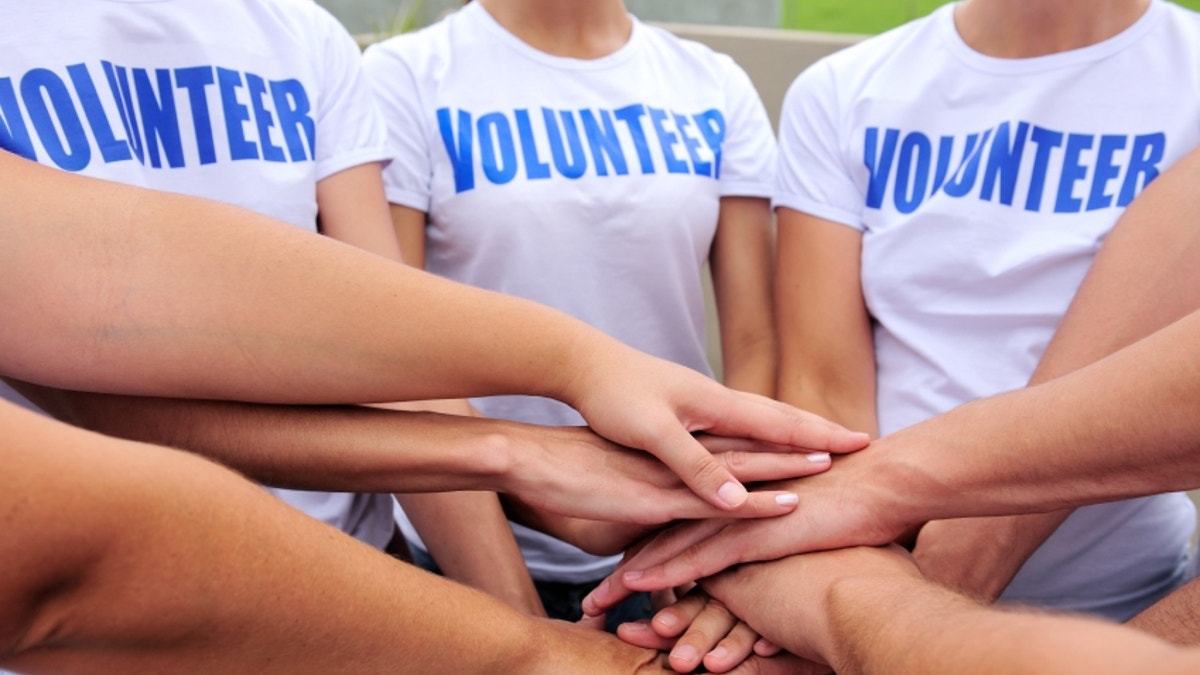
While most people volunteer in order to help others, they’ve likely experienced positive feelings or even a “helper’s high” at the same time.
Now, a new study has found that volunteering can not only improve the volunteers’ sense of self, but can reduce their risk of mortality.
The study, the first meta-analysis to look at the association between volunteering and mortality, was published in the journal Psychology and Aging.
It included 14 studies that followed thousands of participants aged 55 and older. It found volunteering by older adults reduced their risk of mortality by 47 percent. When the researchers controlled for other variables like socioeconomic status, marital status and health, the adults who volunteered still had a 25 percent reduced risk of mortality.
The effects were more pronounced in people who also participated in organized religious activities.
“We think that if you’re volunteering and you’re among a group of people who share your values about volunteering, it helps people even more,” said the lead author Dr. Morris A. Okun, professor of psychology at Arizona State University.
On the other hand, other studies show that your motive for volunteering may have an effect on whether you get these life-extending benefits.
One study found only those who volunteered for “other-oriented” reasons, (for example, a desire to help others), saw benefits to their mortality risk. Those who were primarily motivated by self-oriented reasons, such as to feel better about themselves or to reduce their own mortality (ah, the Catch-22) did not live longer than non-volunteers.
The authors speculate that volunteering taps into the same neural network as parenting. This theory suggests perceiving a child’s need in combination with the ability to meet that need activates neural circuits related to parenting.
These networks release hormones such as the bonding hormone oxytocin, and progesterone, both of which regulate stress and reduce inflammation.
Other studies have shown that volunteering reduces stress and enhances your social networks, which can be a buffer against stress.
Allan Luks, author of The Healing Power of Doing Good, surveyed more than 3,000 people who volunteered regularly. He described a “helper’s high,” akin to a runner’s high, that people experienced after volunteering. People report a euphoric feeling after volunteering, followed later by a sense of calm.
“The results of this meta-analysis suggest that it is no longer a question of whether volunteering is predictive of reduced mortality risk,” the authors wrote. “Rather, our results suggest that the volunteering–mortality association is reliable, and that the magnitude of the relationship is sizable.”
When looking for volunteering work, it is important to feel like you’re making a difference. “Look for a place where there’s clearly a need or an opportunity to help other people and one that builds upon your skills,” Okun said.








































